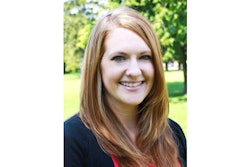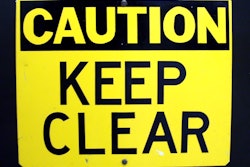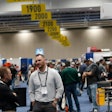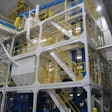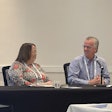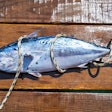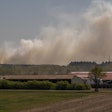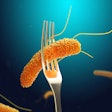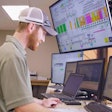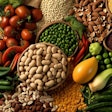Prior to becoming the editor of FEED & GRAIN, admittedly, my exposure to agriculture was limited; however, for what I lack in experience, I can offer something equally as valuable: an outsider’s objectivity.
In September, Michael Pollan, the controversial — and highly visible — author of books such as The Omnivore’s Dilemma and, most recently, Food Rules, spoke to a crowd of roughly 7,000 at the University of Wisconsin. Those in attendance ranged from students to farmers to curious onlookers wondering what all the fuss was about. I was one of the later.
Despite your feelings about Pollan or his work, he does make one profound and inarguable point: The public doesn’t know how their food is produced or the means by which it is brought to their table.
The critics of agriculture have been vocal, organized and aggressive; agriculture — and all segments of this industry — have taken these blows.
Honestly, prior to attending the USPOULTRY’s education program “Animal Agriculture Under Attack” at IPE/IFE, the only viewpoint of animal agriculture I’d ever been exposed to was indeed the opinion of the opposition. (For more coverage of this event, see “Food For Thought” on page 71.)
The main message of these presentations: “Don’t let others define us.”
This notion was echoed at a fundraising event sponsored by the Institute for Feed Education and Research (IFEEDER), a non-profit foundation created by the American Feed Industry Association whose goal is to sustain the future of food and feed production through education, research and technology. The reality of the future of agriculture was made clear: 50-100-70. Meaning, in 50 years agriculture will need to produce 100% more food to feed the world’s population (projected to reach 9 billion by 2050) and 70% of that increased production will only be made possible through advancement in agriculture technology.
Presenter Dean Warras, president of Prince Agri Products and IFEEDER’s Board of Trustees Vice Chairman, said: “Education will teach the world about what we’re doing and how we’re doing it. We need to communicate accurate facts about food animal production to the media and the public by strategically aligning the entities. We are to blame for not educating the public.”
Perhaps consider this editorial a call to action, one to motivate you to be vocal about the services you provide and our place on the “food chain.” Regardless, as I become educated, I’m making it my personal mission to do just that.
To learn more about IFEEDER and its effort, turn to page 68 or visit its website, www.IFEEDER.org.


